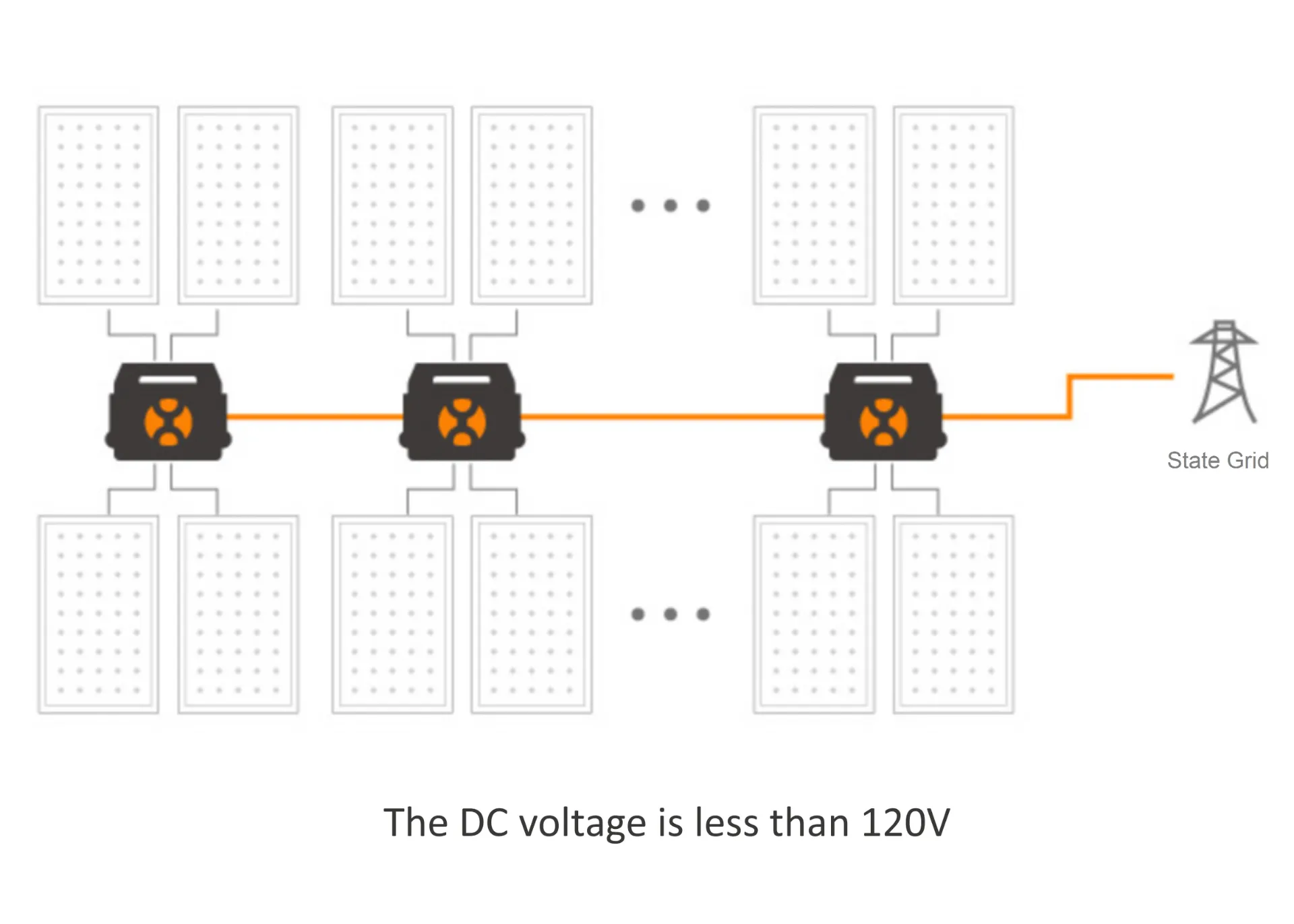Winter Performance of Solar Panels and Their Efficiency Metrics
Understanding Solar Panel Efficiency in Winter
Solar panels have become an integral part of the renewable energy landscape, providing clean electricity across various climates. However, a common misconception is that solar panels lose their efficiency during the winter months. This article will dissect how solar panels perform in winter, the factors influencing their efficiency, and tips for maximizing energy output even in colder conditions.
The Basics of Solar Panel Efficiency
Solar panel efficiency refers to the ability of a solar panel to convert sunlight into usable electricity. Standard efficiency ratings are usually based on ideal conditions, which include full sunlight at 25 degrees Celsius (77 degrees Fahrenheit). As temperatures drop, the efficiency of solar panels can be affected by various factors, but not always in the ways many might expect.
Cold Weather Performance
Interestingly, most solar panels actually perform better in cooler temperatures. The efficiency of photovoltaic cells can increase as temperatures decrease. High temperatures can cause panels to overheat, leading to a drop in power output. Therefore, during winter, when the temperature is lower, solar panels can often capture and convert sunlight more effectively than in the peak heat of summer.
Factors Affecting Efficiency in Winter
1. Sunlight Availability The most significant factor that impacts solar panel efficiency in winter is the availability of sunlight. In many regions, winter days are shorter, which translates to fewer hours of sunlight exposure for solar panels. Additionally, the angle of the sun changes during winter months, which can affect the amount of light that reaches the panels, especially if they are not optimally angled.
2. Snow Coverage While snow can act as an insulator, preventing the panels from becoming too cold, it can also create a layer that blocks sunlight. However, it's worth noting that solar panels are often designed to shed snow. The dark surface absorbs sunlight, and as it melts, the accumulation decreases, restoring efficiency.
3. Dirt and Debris During winter, the accumulation of dirt, leaves, and other debris can reduce sunlight exposure to solar panels. Regular maintenance, including cleaning and ensuring clear access to sunlight, is critical for maintaining optimal efficiency.
solar panel efficiency in winter

4. System Design The design and installation of the solar energy system play a substantial role in winter efficiency. Solar panels installed at an optimal angle will capture more sunlight, especially during the low sun angles of winter. Ground-mounted systems, for instance, can be adjusted seasonally to ensure maximum exposure.
Maximizing Efficiency in Winter
To ensure that solar panels operate efficiently during the winter months, consider the following tips
- Regular Maintenance Keep panels clean and clear of any snow or debris that may obstruct sunlight. This could involve using a soft brush for snow removal or hiring a professional cleaning service as needed.
- Optimal Installation Angle If possible, adjust the angle of the panels to capture winter sunlight more efficiently. Many solar systems allow for seasonal adjustments to maximize exposure to the sun during different times of the year.
- Invest in Quality Panels Opt for high-quality solar panels that have better low-light performance and can generate electricity under less-than-ideal conditions.
- Monitor Performance Use performance monitoring systems to keep track of energy production. This will help identify any significant drops in energy output, which may indicate the need for maintenance.
Conclusion
While winter does come with challenges for solar energy production, it does not spell doom for efficiency. Understanding how solar panels interact with the winter climate allows homeowners and businesses to take proactive steps. By focusing on maintaining the panels and optimizing their setup, solar energy can continue to be a reliable and efficient power source, even in the colder months. As the world shifts towards sustainable energy solutions, recognizing the resilience of solar technologies remains crucial.
-
Unlocking Energy Freedom with the Off Grid Solar InverterNewsJun.06,2025
-
Unlock More Solar Power with a High-Efficiency Bifacial Solar PanelNewsJun.06,2025
-
Power Your Future with High-Efficiency Monocrystalline Solar PanelsNewsJun.06,2025
-
Next-Gen Solar Power Starts with Micro Solar InvertersNewsJun.06,2025
-
Harnessing Peak Efficiency with the On Grid Solar InverterNewsJun.06,2025
-
Discover Unmatched Efficiency with the Latest String Solar InverterNewsJun.06,2025







